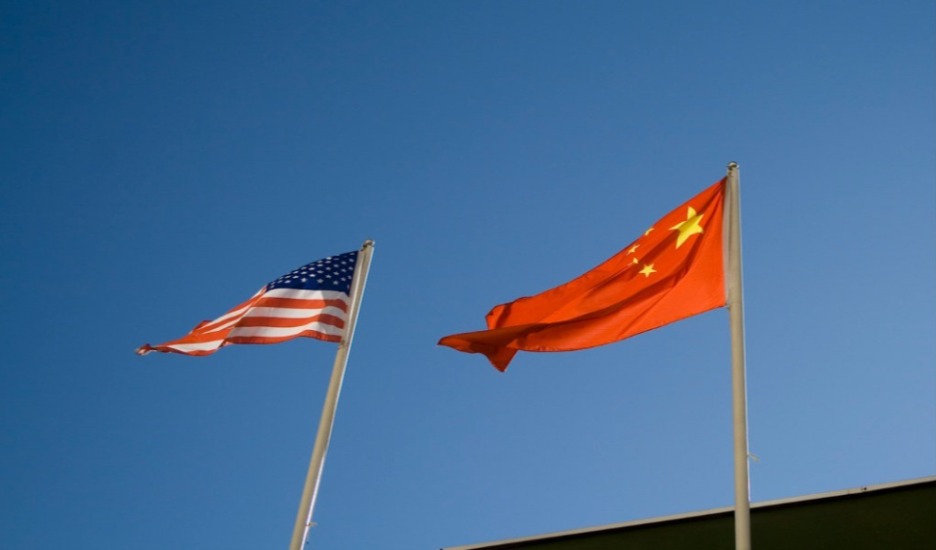How Far Did the United States Go with the Lassen Operation?
Much of the coverage of the USS Lassen's maneuver near the Subi reef in the South China Sea presented the operation as a challenge to Chinese maritime claims and island-building operations. But in fact there are two quite distinct legal issues at play. The first is the traditional U.S. interpretation of the right of innocent passage (even by warships) through territorial waters.
Published by The Lawfare Institute
in Cooperation With

Much of the coverage of the USS Lassen's maneuver near the Subi reef in the South China Sea presented the operation as a challenge to Chinese maritime claims and island-building operations. But in fact there are two quite distinct legal issues at play. The first is the traditional U.S. interpretation of the right of innocent passage (even by warships) through territorial waters. The UN Convention on the Law of the Sea provides that military vessels can transit territorial waters provided that they do so expeditiously and without engaging in most military actvities, such as firing weapons or engaging in surveillance. China has often contested the U.S. interpretation of innocent passage.
The second, and much more sensitive issue, is whether a feature like the Subi reef, which China has built up through dredging operations, is entitled to any territorial waters at all. As Timothy Choi points out, if the Lassen behaved as if it were engaged in innocent passage, that would effectively acknowledge that the reef generates territorial waters:
[I]n order for the USN to send the unequivocal message that it saw the 12 NM around Subi Reef as high seas, it had to have carried out at least one of those activities. Else, its transit would have been identical in form to that of an innocent passage, which is only required for territorial waters. Carrying out such a transit would therefore legitimize, or at least be viewed as legitimizing, the Chinese claim that Subi Reef has a 12 NM territorial sea. In so doing, Lassen’s voyage, far from contesting the Chinese position, would actually reinforce it by behaving in the same way it would have to in an actual territorial sea.
In their post last week, Adam Klein and Mira Rapp-Hooper seemed confident that the Lassen's passage was a normal military operation that went beyond innocent passage. "The transit was almost certainly a normal military patrol, as opposed to an innocent-passage transit," they concluded, "because it included a surveillance aircraft in addition to the destroyer. Surveillance inside of 12 nautical miles is inconsistent with innocent passage." But the evidence that the United States engaged in surveillance seems uncertain at this point. At least on the accounts I've seen, it's not clear that a U.S. surveillance craft actually flew within twelve miles of the reef. Nor is it apparent that the Lassen itself engaged in surveillance or other activities prohibited during innocent passage. All of which suggests that the United States may be choosing to leave the scope of its challenge to Chinese claims ambiguous.



.jpg?sfvrsn=5a43131e_9)

